AI4Good
Artificial intelligence (AI) is a wide-ranging branch of computer science focused on the ideation and creation of smart machines capable of performing tasks that typically require human intelligence1. AI4Good is defined as the beneficial use of AI technologies to address the Sustainable Development Goals (SDGs)2.
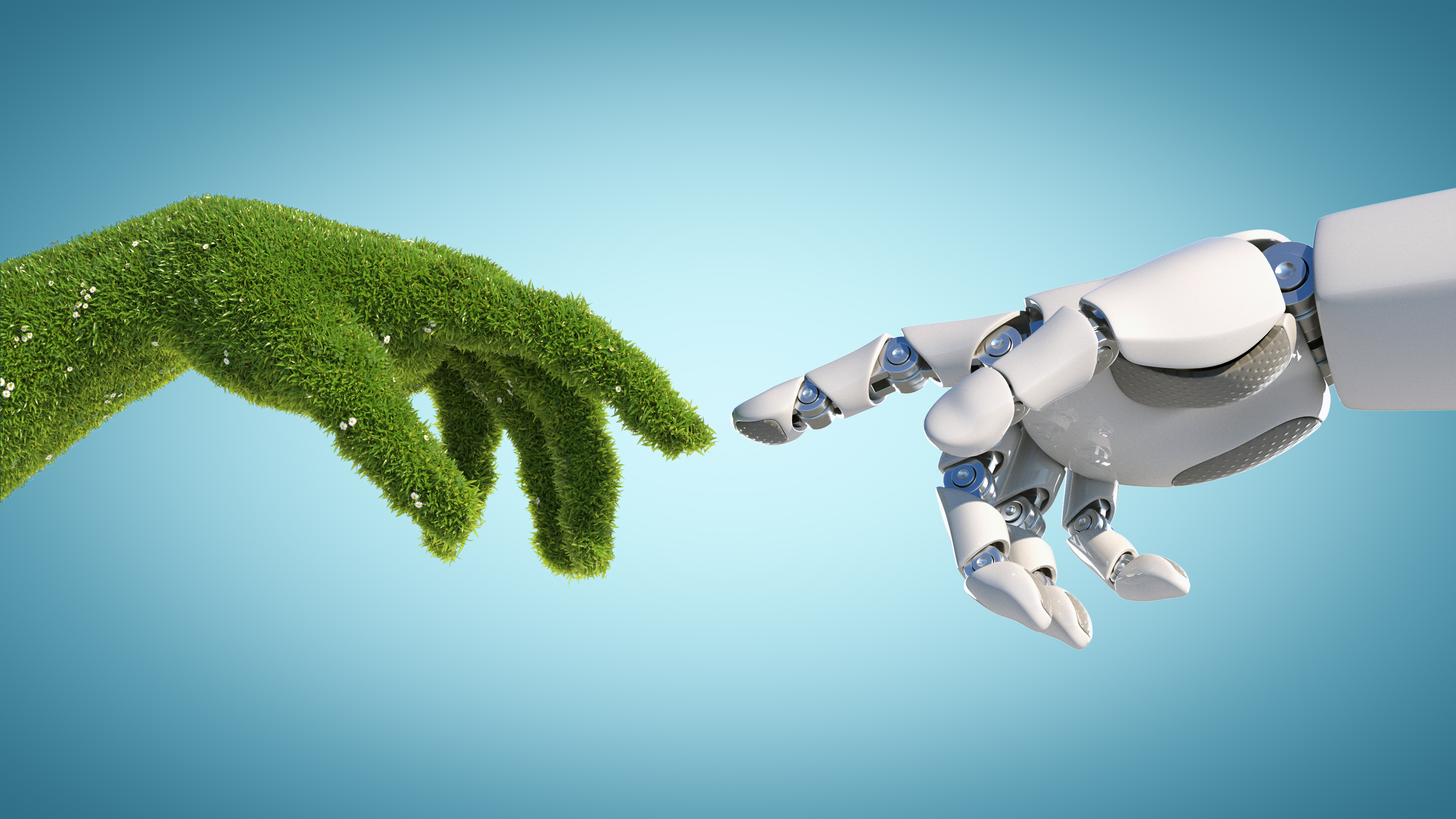
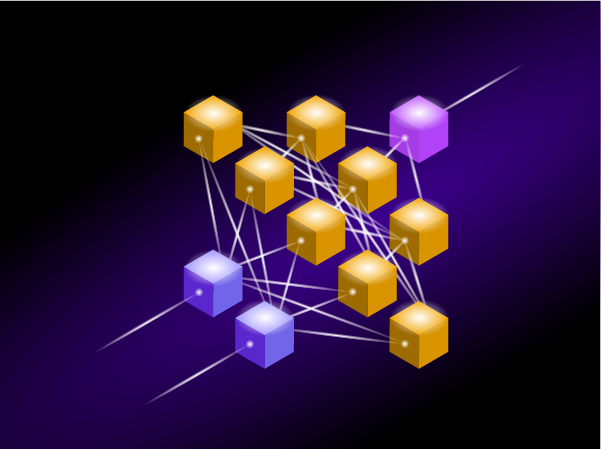
MachineLearning4Good
Machine Learning utilises artificial intelligence that provides systems the ability to automatically learn and improve from experience without being explicitly programmed3. It primarily focuses on the development of computer programs that can access data and in turn use this to learn for themselves4. Machine Learning can be used in program and device creation to assist individuals educationally, professionally, and personally. It is also changing the way people use code to solve problems and improve lives5.
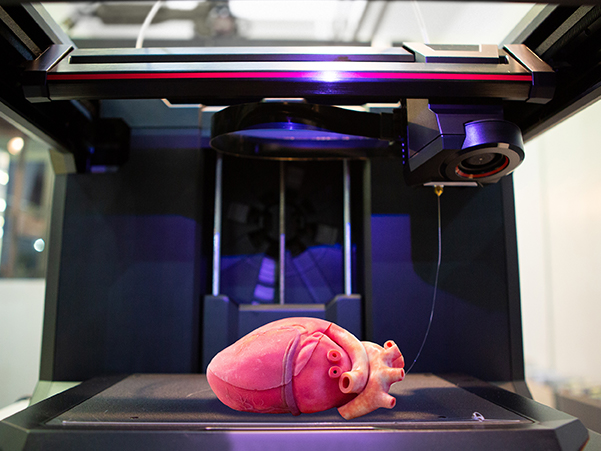
3DPrinting4Good
This stream harnesses the use of 3D printing innovation which enables individuals all over the world to design their own custom products and offers efficiency, customisability, and accessibility to affordable production. 3D printing can be used to connect communities around the world with 3D printed product solutions including prosthetics, affordable housing and 3D bioprinted organs. Additionally, it produces minimal waste, reduces carbon footprints and contributes to a more climate-conscious environment.
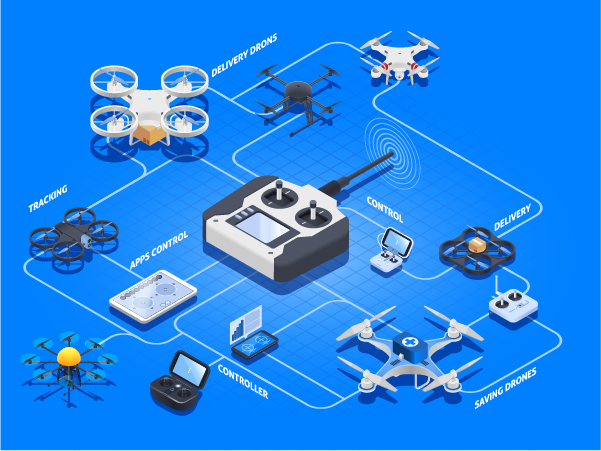
Drones4Good
Drones have become an increasingly popular choice in collecting aerial imagery, not only for hobbyists but for businesses across many sectors in identifying and addressing key problems, as well as in maintaining and improving existing products. This technology can be used to tackle societal issues around increasing product accessibility and delivery, particularly in remote areas in need of emergency supplies.
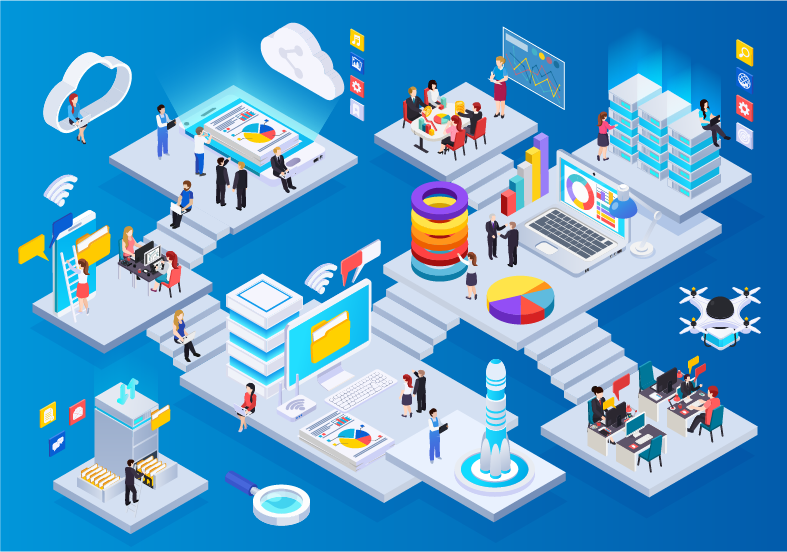
BigData4Good
Big data is a field that explores ways of analysing and systematically extracting information from, or otherwise dealing with data sets that are too large or complex to be dealt with by traditional data-processing application software6. The widespread misuse of data is well-documented worldwide. However, it can be used for positive change and to create a better society. Uses can include advancing healthcare and public health, enhancing science and research, and improving security and law enforcement.

BlockChain4Good
Blockchain technology is a system that allows for the recording of transactions that are linked together in a single list and can be viewed as a digital ledger of transactions that are duplicated and distributed across a network of computer systems. Its benefits include greater transparency, enhanced security, improved traceability, increased efficiency and speed of transactions, as well as reduced costs7. While Blokchain has revolutionised global economic markets by allowing participants to securely connect and conduct transactions without the need for a central server or a ‘trusted’ authority to validate interactions, it is being increasingly used in a variety of humanitarian use cases ranging from monitoring the extent of human trafficking, to restoring land records8.
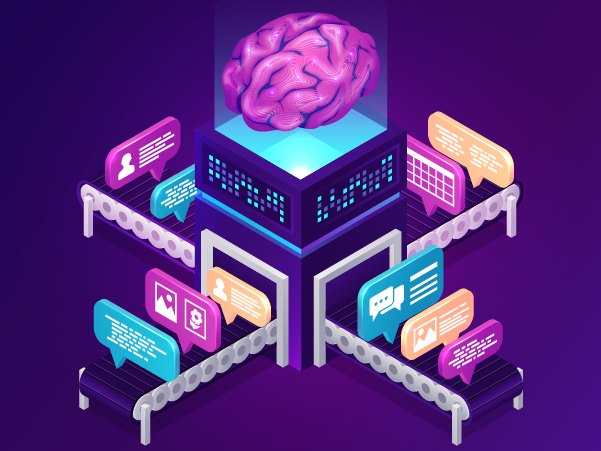
NeuroTech4Good
Neurotechnology comprises technical and computational tools that measure, analyse or control chemical and electrical signals in the nervous system9. It also explores the functions of the brain, deciphers the neural code, and provides a better understanding of diseases and disorders10. Additionally, it allows for the creation of advanced devices to address and provide end-to-end solutions for complex diseases while also enhancing existing health procedures and technology in the health sector.
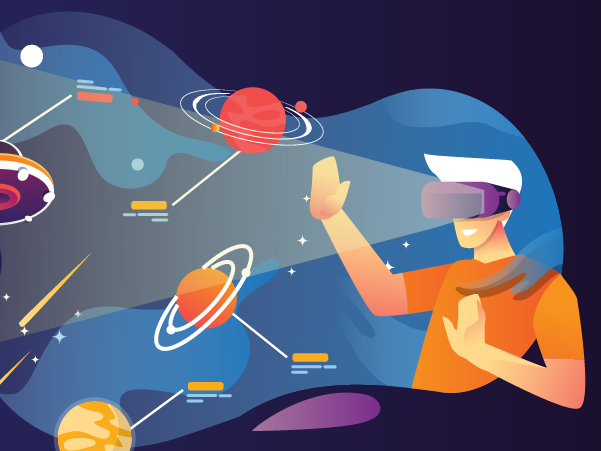
XR4Good
Extended Reality (XR) is an umbrella term that encompasses Augmented Reality, Mixed Reality and Virtual Reality11. XR can improve accessibility to more immersive experiences across sectors ranging from healthcare and education, to business training, while also reducing resource gaps often faced by disadvantaged communities.
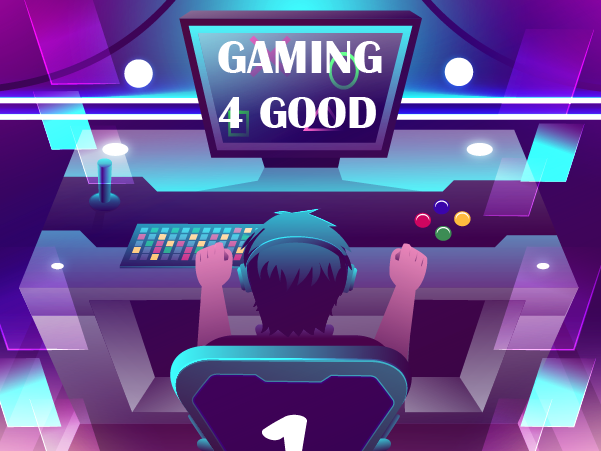
Gaming4Good
Gaming4Good taps into the power of games to drive real-world change, using games and immersive media that help people to learn, improve their communities, and contribute to make the world a better place12.
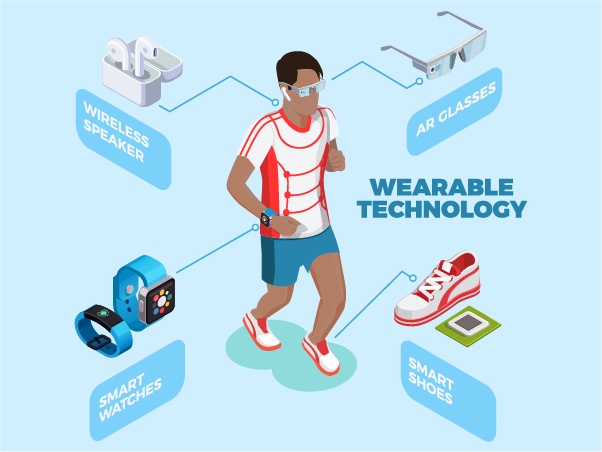
Wearables4Good
Wearable technology consists of smart electronic devices which are worn close to and/or on the surface of the skin. These detect, analyse, and transmit information about the wearer13. Wearables for good seeks to use this technology to develop solutions for health.

Mobile4Good
Mobile4Good utilises mobile phone technology to connect, empower, and educate people around the world. With research from Gartner revealing that there are over 20 billion mobile devices connected to the Internet today - equating to three devices for every single person on the planet14 - this is a potent tool for social impact.
Citations
- What is Artificial Intelligence (AI)
- How do we use AI for Good?
- What is Machine Learning? A Definition.
- What is Machine Learning? A Definition.
- Machine Learning: Solving Problems Big, Small, and Prickly
- Big data - Wikipedia
- Top five blockchain benefits transforming your industry
- Blockchain for Good - 4 Guidelines for Transforming Social Innovation Organization
- What is Neurotechnology?
- Why Neurotechnologies? About the Purposes, Opportunities and Limitations of Neurotechnologies in Clinical Applications
- What Is Extended Reality Technology? A Simple Explanation For Anyone
- XR for Social Impact: A Landscape Review
- Wearable technology - Wikipedia
- Mobile Phones Vs Toothbrushes
